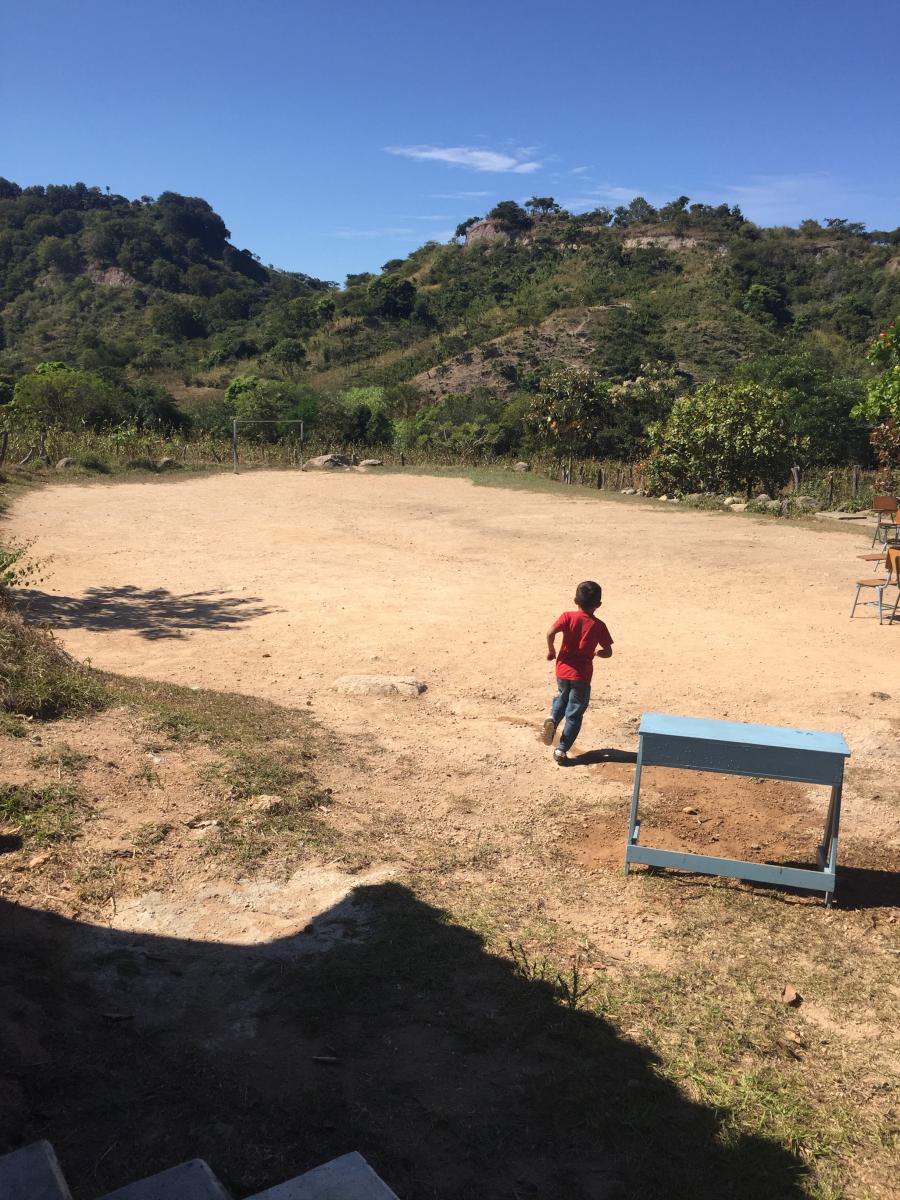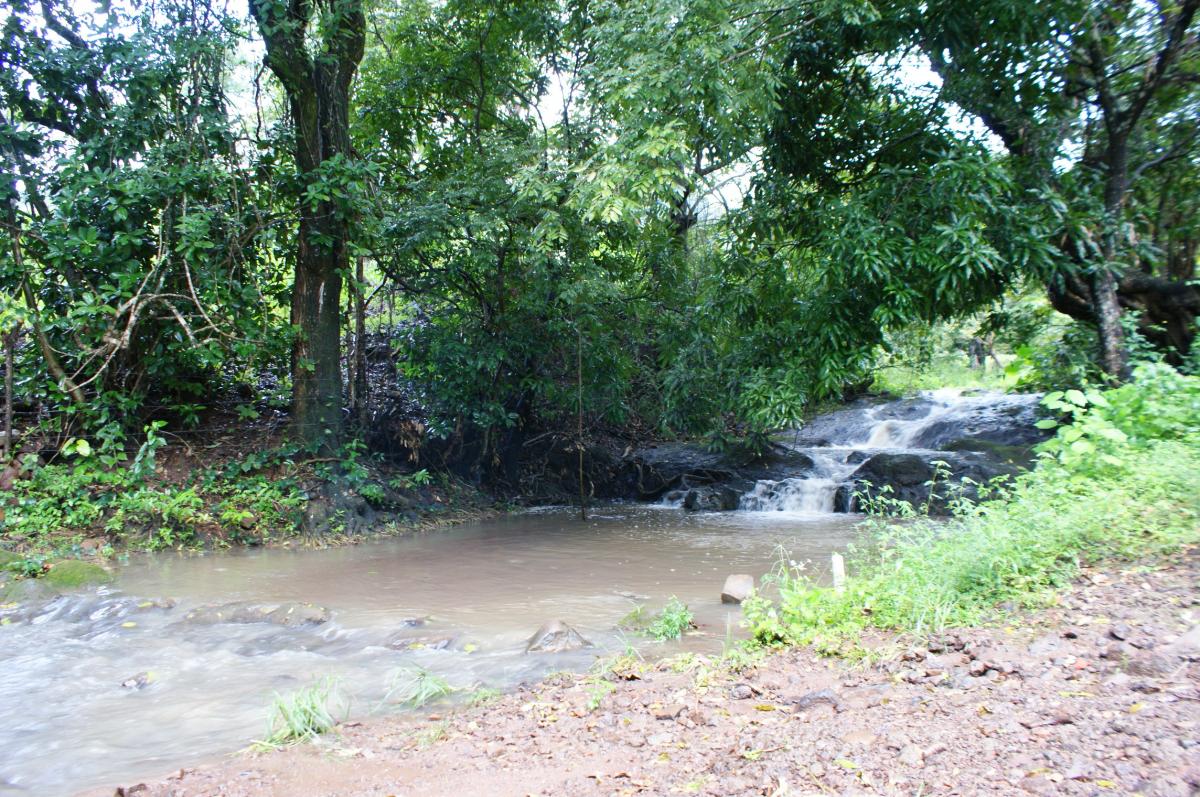Project AVE (Adaptation, Vulnerability and Ecosystems) in Tegucigalpa, Honduras
The IUCN has been facilitating various activities to improve governance in the Goascorán Basin, as well as adaptation measures to address the effects of drought in Central America’s Dry Corridor
In the frame of the cooperation agreement signed in 2014 by the International Union for the Conservation of Nature (IUCN) and Mi Ambiente (Honduran environmental ministry), the IUCN has been facilitating various activities to improve governance in the Goascorán Basin, as well as adaptation measures to address the effects of drought in Central America’s Dry Corridor, aligned with other country efforts toward compliance with commitments acquired under the United Nations Framework Convention on Climate Change (UNFCCC), the National Climate Change Strategy, the National Water Act and other legal instruments.
Now the IUCN technical team and Fundación Hondureña para el Ambiente y el Desarrollo Vida are in charge of the execution of Project AVE (Adaptation, Vulnerability and Ecosystems), for research and implementation of ecosystem-based adaptation to climate change in pilot sites of six countries: Mexico, Guatemala, Honduras, El Salvador, Costa Rica and Panama. The project will generate knowledge and information making it possible to adopt a more effective approach to ecosystem-based adaptation in the design of policies, governance structures and decision processes.
One of the key activities is developing an inventory of climate change adaptation projects. This information will help provide a better understanding of these interventions in the region. To facilitate dissemination, comparative analysis and use of this information, results will be available to the general public through the website “Infraestructura de Datos Espaciales” created by the IUCN.
Scientific evidence is another vital element of AVE, so that perceived climate change events are transformed into concrete data for comparative analysis at different scales, and forecasting with minimum bias and maximum decision-making efficiency.
The project was presented May 10 at the facilities of Mi Ambiente. The Deputy Minister of Environment, Energy and Mines; representatives of the embassies of Germany, Honduras and El Salvador; mayors of the Aguanqueterique, Poloros and La Unión municipalities in El Salvador, and community members participated in the event.
The activity constituted key input for the strengthening of community, national and regional capacities and the consolidation of governance structures at the different territorial levels.
Project AVE is funded through the Climate Initiative of the Federal Ministry of Environment, Nature Conservation, Building and Nuclear Safety of Germany.
For more information contact: Marta Pérez de Madrid MartaClaudia.PEREZ@iucn.org





